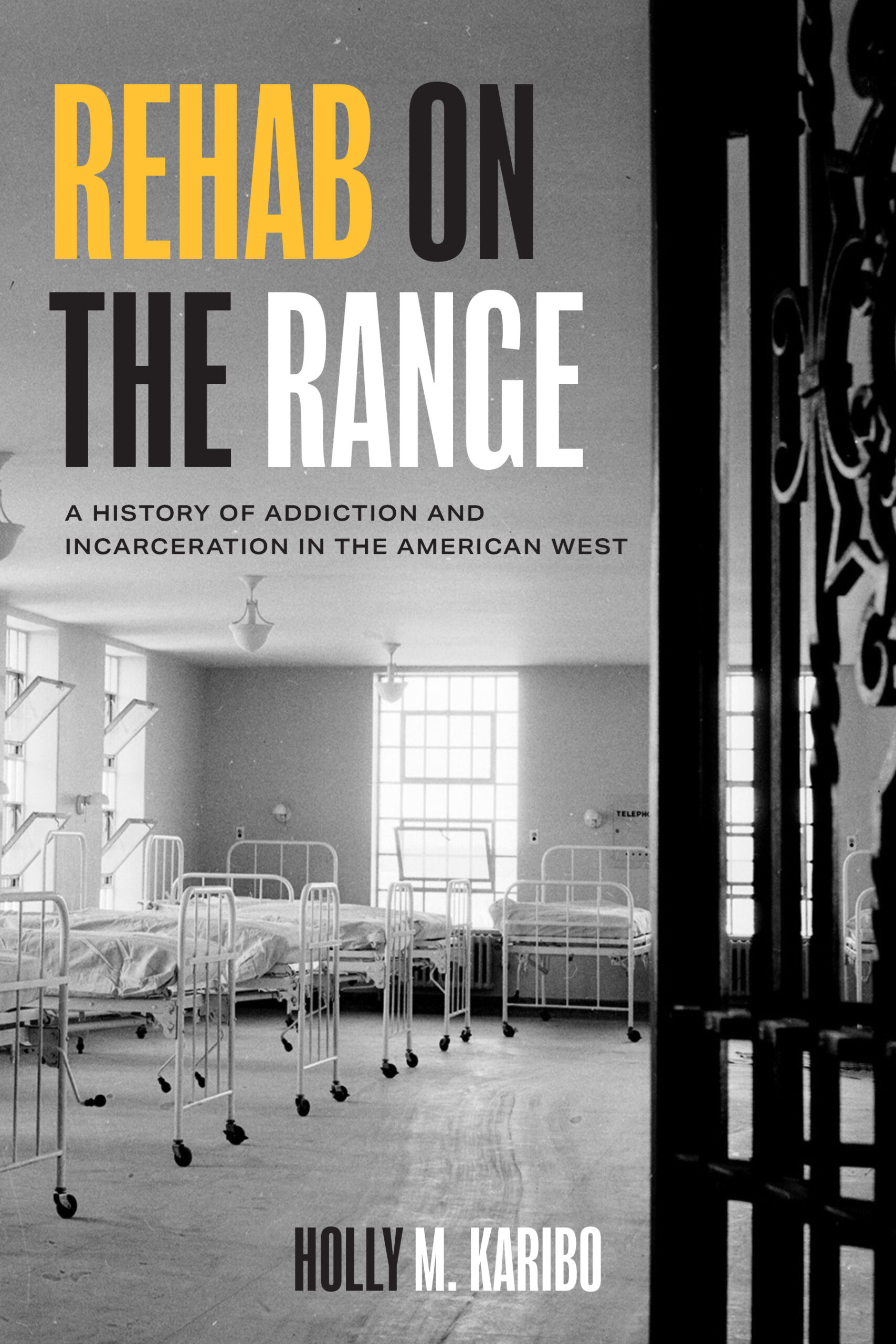WESLACO, Texas – Agriculture Commissioner Sid Miller says Texas is going to have to give billions of dollars back to the federal government that should have been spent on broadband connectivity. And he is not happy about it.
Miller says he wishes Gov. Greg Abbott had given his department responsibility for addressing the digital divide in rural Texas, rather than the Texas Comptroller’s Office. If Abbott had, the money would have gone out the door much more quickly, he said.
Miller spoke about internet accessibility and affordability in an interview with Ron Whitlock of Ron Whitlock Reports, while visiting the Texas A&M Agriculture Extension Service HQ in Weslaco.
Asked by Whitlock about the digital divide in rural Texas, Miller said:
“You know, we do all the rural infrastructure. We’ve got a big surge of money to implement broadband in Texas. Governor Abbott decided that the Comptroller, the tax collector, would be the better person to distribute that. He should have left it with us. I’d already have it up and up and running.
“But it’s been over (at) Glenn Hager’s (agency). He doesn’t have any rural infrastructure people, so it hasn’t been implemented. And if he doesn’t do something pretty quick, he’s going to send about $3 billion back to the federal government. We’re not going to have broadband.
“So, it’s vitally important. It’s important to our first responders. It’s important to our hospitals, it’s important to police and sheriff departments, and it’s important to rural Texas that we can recruit companies to our area. But without broadband, it makes it a lot more difficult.”
Whitlock told Miller he was working on a project to bring broadband connectivity to rural parts of the Valley, and specifically the trade corridor between Rio Grande City in Starr County, and Port Mansfield in Willacy County. Whitlock said the project has a homeland security component. Miller acknowledged he does not know much about the project.
Race Against Time
Meanwhile, Valley cities, counties, nonprofits and community groups are frantically trying to challenge federal broadband connectivity maps. The deadline to do so is December 13. The maps indicate that the Valley does not have a digital divide. The Rio Grande Valley Broadband Coalition, which is made up of government entities and community groups, beg to differ.
“The FCC (Federal Communications Commission) Broadband Map plays a pivotal role in determining how funding is allocated for broadband infrastructure—and right now, those maps don’t tell the full story of the digital divide in the Rio Grande Valley region,” said Ricardo Saenz, program manager for the RGV Broadband Coalition.
“It is crucial for local stakeholders—community members, organizations, and leaders alike—to participate in the challenge process and ensure the map reflects our reality. Inaccurate data could mean missed opportunities for critical funding to expand broadband access where it’s needed most.”
Editor’s Note: Here is a video interview with Jordana Barton-Garcia, director of the Rio Grande Valley Broadband Coalition:
Story continued:
Saenz added: “As part of the Rio Grande Valley Broadband Coalition, I’m proud to work alongside dedicated partners committed to addressing these disparities and ensuring that every household in the Valley has access to affordable, reliable broadband.”
RGV Broadband Coalition Director Jordana Barton-Garcia agreed. In an exclusive video interview with the Rio Grande Guardian, Barton-Garcia said the coalition is working “to ensure every household without broadband connectivity is counted in the broadband maps that will determine BEAD funding in Texas.”
BEAD stands for Broadband Equity, Access and Deployment. It is a program administered by the Texas Broadband Development Office, which is housed in the Comptroller’s Office.
The post Miller: Texas may have to give billions of broadband dollars back to the feds. And I’m not happy about it. appeared first on Rio Grande Guardian.
 (2).png)
 2 months ago
119
2 months ago
119









 English (US)
English (US)